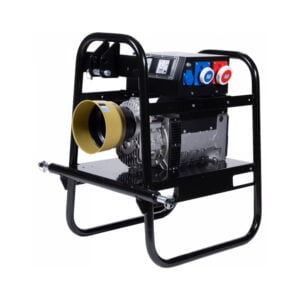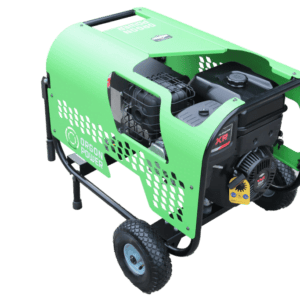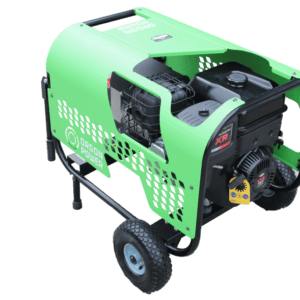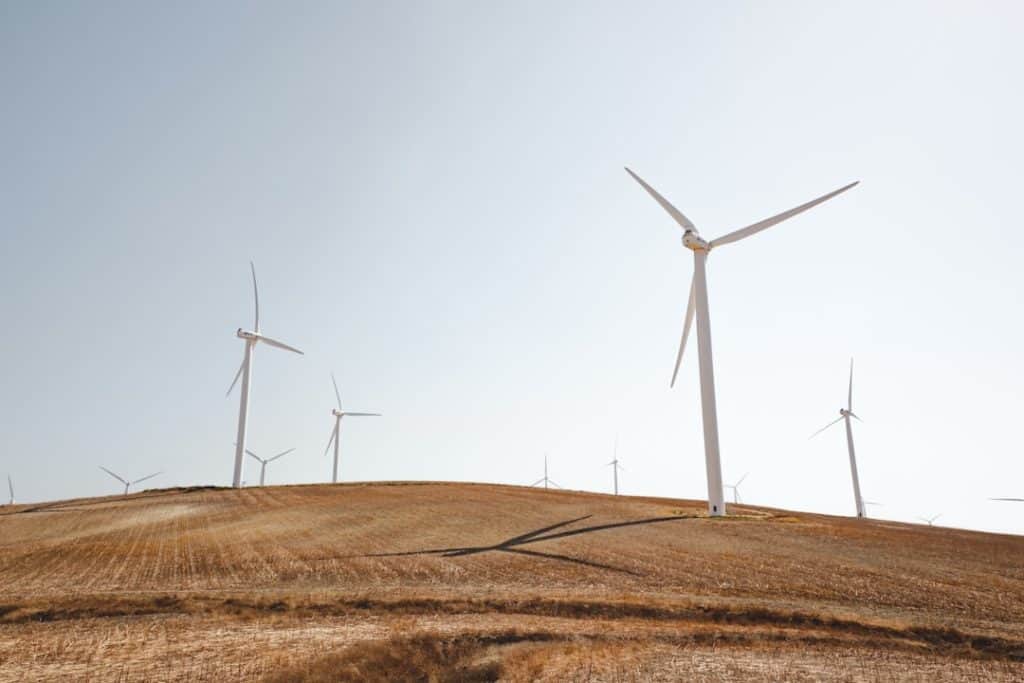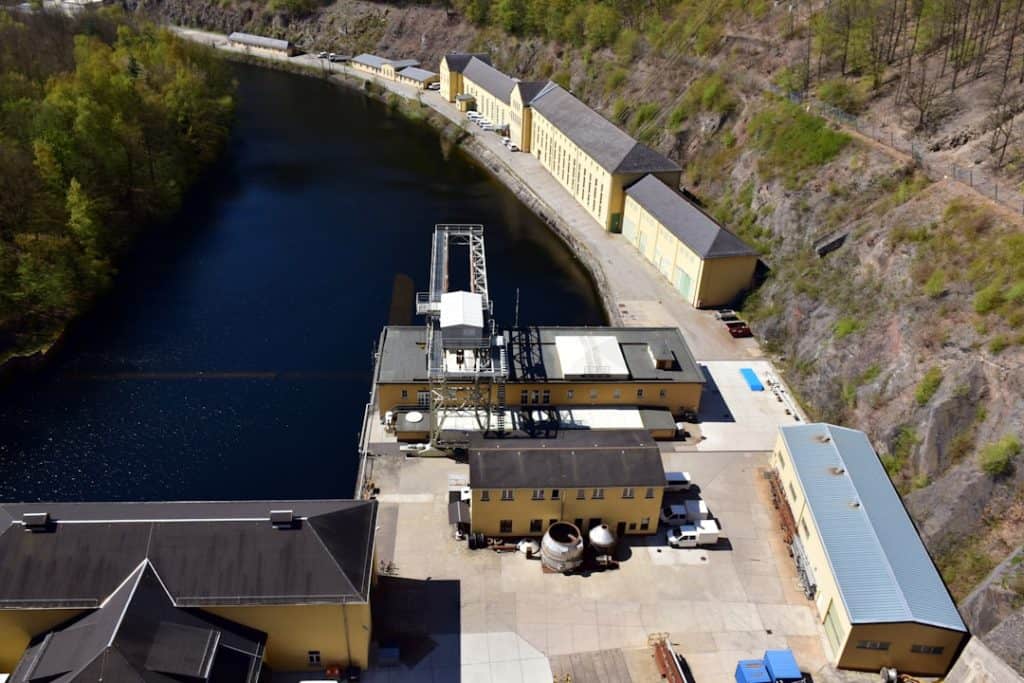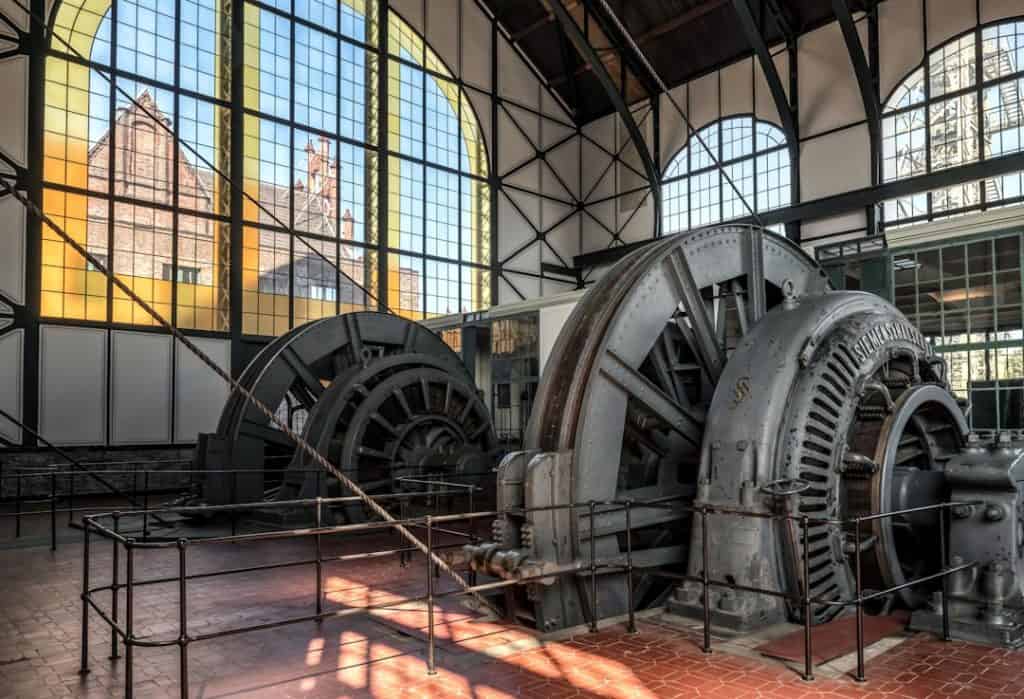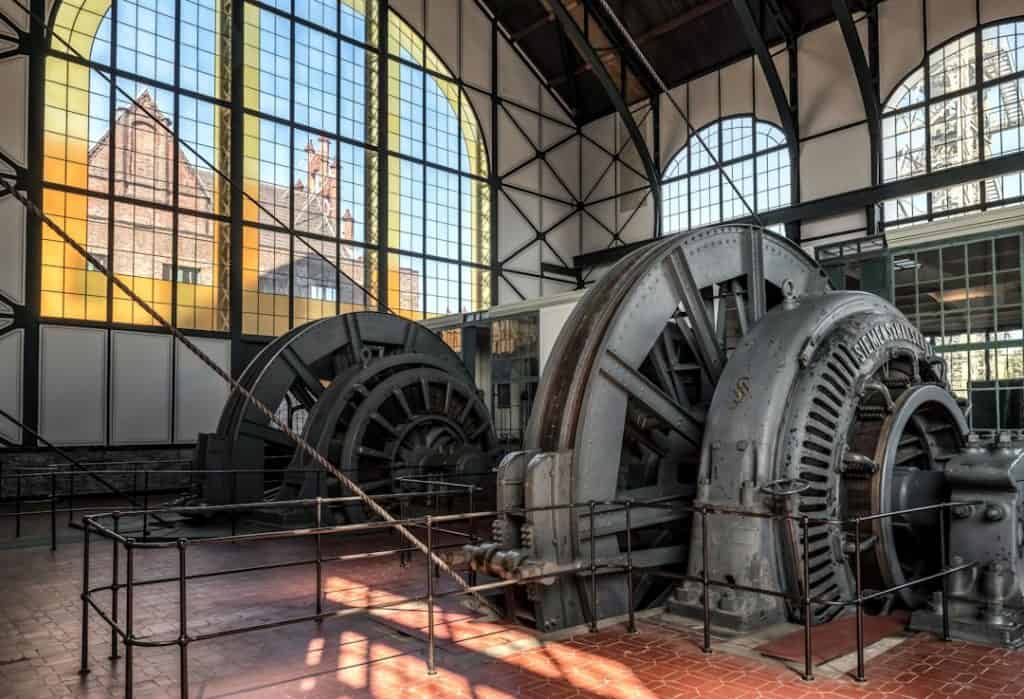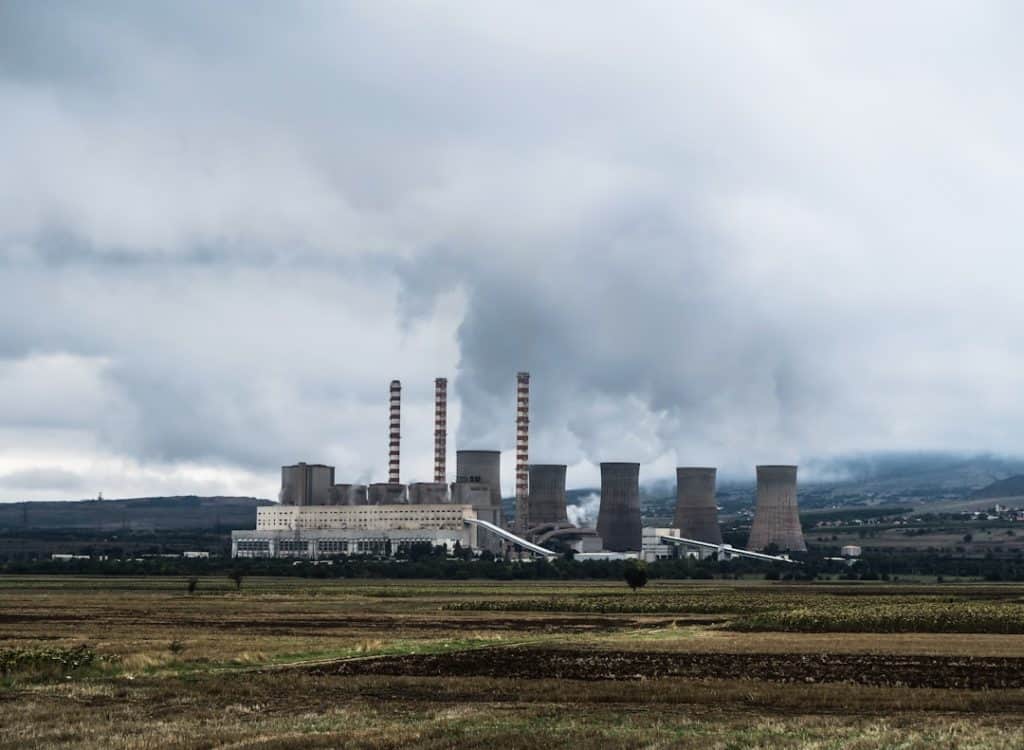A diesel generator is a device that produces electricity using a diesel engine as a drive system. These gensets are widely used in commercial, industrial and residential sectors due to their reliability and efficiency. Their primary function is to provide electricity in the event of a power outage, but they are also used as primary power sources in remote areas or on construction sites.
Features of diesel generators include:
1. High efficiency of converting fuel into electricity
2. Durability and durability of components
3.
The ability to start quickly and take over the load
4. Wide power range, from several kilowatts to several megawatts
Diesel generator sets are produced in various sizes and configurations, which allows their application in a variety of scenarios. Small portable generators can be used for home use or small business premises, while large stationary systems can power entire industrial complexes or hospitals.
The key factors when choosing a diesel generator are:
1. Required power and type of load
2. Expected working time
3.
Noise level and exhaust gas emissions
4. Maintenance and servicing requirements
Despite the growing popularity of alternative energy sources, diesel generators remain indispensable in many critical applications due to their reliability and ability to provide a stable power supply under various operating conditions.
Key Takeaways
- A diesel generator is a device that uses diesel fuel to produce electricity
- A diesel generator works by burning diesel fuel in an engine, driving a generator and producing electricity
- The advantages of using a diesel generator include reliability, efficiency and longevity
- When choosing the right diesel generator, you should take into account the required power, the quality of the manufacturer and fuel consumption
- Diesel generator maintenance includes regular oil, filter and fuel checks, as well as regular testing of generator operation
- Safety aspects of using a diesel generator include proper room ventilation, noise protection and proper fuel storage
- Alternative options for supplying electricity include solar energy, wind energy and the use of batteries
How does a diesel generator work?
The diesel generator works on the principle of energy conversion from fuel to electricity. The diesel engine drives a generator that produces electricity. The diesel engine works on the principle of internal combustion, where fuel (diesel) is mixed with air and then ignited in the engine cylinder.
This process creates energy that drives the motor and generator, producing electricity. Diesel aggregates are equipped with systems for control and regulation of engine and generator operation in order to ensure a stable and reliable supply of electricity. These systems enable automatic start-up of diesel generators in the event of a power outage, as well as automatic shutdown when power is restored.
This makes diesel generator sets a practical solution for uninterrupted power supply in various conditions.
Advantages of using a diesel generator

There are many advantages to using diesel generator sets compared to other types of generators. One of the main advantages is the efficiency of diesel engines, which can produce a greater amount of electricity using less fuel compared to gasoline engines. This makes diesel generators a more economical choice for long-term use.
Another advantage of diesel generators is their longevity and reliability. Diesel engines are known for their durability and can run for longer periods of time without the need for maintenance compared to petrol engines. This makes them an ideal choice for commercial and industrial applications where uninterrupted power supply is required.
Diesel generators are also suitable for a wide range of applications, from domestic use to industrial plants. They can be used as a backup power source in the event of a power outage, as well as for starting various electrical devices and machines. This flexibility makes diesel generators a popular choice among users around the world.
How to choose the right diesel generator for your needs?
| Parameter | Value |
|---|---|
| Aggregate power | 10-500 kVA |
| Fuel | Diesel |
| Operating mode | Continuous |
| Automatic start | Yes |
| Noise level | 75-85 dB |
When choosing a diesel generator, it is important to consider several factors in order to choose the model that best suits your needs. First, you need to consider the power you need. It depends on the number of devices you plan to run with the diesel generator and their total electricity consumption.
It is also important to consider the size and capacity of the fuel tank, especially if you plan to use the diesel generator as a backup power source in the event of a power outage. A larger tank means longer run times without the need to refuel. It is also important to consider the noise level produced by the diesel generator, especially if it is used for domestic use.
There are models that are specially designed to be quiet in order to reduce noise during operation.
How to maintain a diesel engine?
Maintenance of a diesel generator set is crucial to ensure that it runs efficiently and reliably over a long period of time. Regular maintenance includes regular checks of oil, fuel and coolant levels, as well as regular cleaning of the air and fuel filters. It is also important to regularly check the condition of the battery and electrical system to ensure that the diesel generator will be able to start when needed.
Regular performance testing of diesel generator sets can also help detect potential problems before they become serious. In addition to regular maintenance, it is important to follow the manufacturer's instructions to ensure proper maintenance of the diesel generator. This can include regular replacement of filters, oil and other parts to ensure that the diesel engine is working optimally.
Safety aspects of using diesel generator sets

When using a diesel generator, it is important to consider safety aspects to ensure the safety of the user and the environment. Diesel generators produce exhaust gases that can be harmful to health if not used properly. Therefore, it is important to use diesel generators in well-ventilated areas to reduce exposure to harmful gases.
It is also important to follow the prescribed instructions for the installation and use of diesel generators in order to reduce the risk of fire or other accidents. Regularly checking the condition of diesel engines can help detect potential problems before they become serious, which can help reduce the risk of accidents. Finally, it is important to ensure that only trained operators handle the diesel generator to reduce the risk of accidents or injuries.
Operator training can help ensure the safe use of diesel generator sets and reduce the risk of accidents.
Alternative options for electricity supply
In addition to diesel generators, there are other power supply options that should be considered before making a final decision. Solar panels are a popular option for supplying electricity, especially for home use. Solar panels convert the sun's energy into electricity through photovoltaic cells, providing clean and renewable energy.
Wind turbines are another alternative power supply option that uses the power of the wind to generate electricity. Wind turbines are especially popular in rural areas where there is a constant source of wind. Biogas generators are also a popular alternative for supplying electricity that uses biogas obtained from organic waste as fuel to produce electricity.
This option provides a sustainable way of generating electricity using renewable fuel sources. In conclusion, diesel generators are efficient and reliable sources of electricity that can be used for a variety of purposes, from domestic use to industrial plants. However, before making the final decision to purchase a diesel generator, it is important to consider all options in order to choose the solution that best suits your needs and circumstances.
FAQs
What is a diesel engine?
A diesel generator is a device that uses a diesel engine to generate electricity. It is a frequently used option for backup power supply in the event of a power outage.
How does a diesel generator work?
A diesel generator works by a diesel engine driving a generator that produces electricity. A diesel engine uses diesel fuel to produce the power needed to run a generator.
What is a diesel generator used for?
Diesel generators are used for backup power supply in case of power failure, as well as for temporary power supply in locations where there is no access to the power grid.
What is the advantage of using a diesel generator?
The advantage of using a diesel generator is that diesel engines have a high level of efficiency and can work continuously with a high load. Also, diesel fuel is often available and can be stored for a long time.
What are the disadvantages of using a diesel generator?
One of the disadvantages of using diesel generators is that they produce noise and gas emissions that can be harmful to the environment. Also, maintenance of diesel generators can be expensive.

